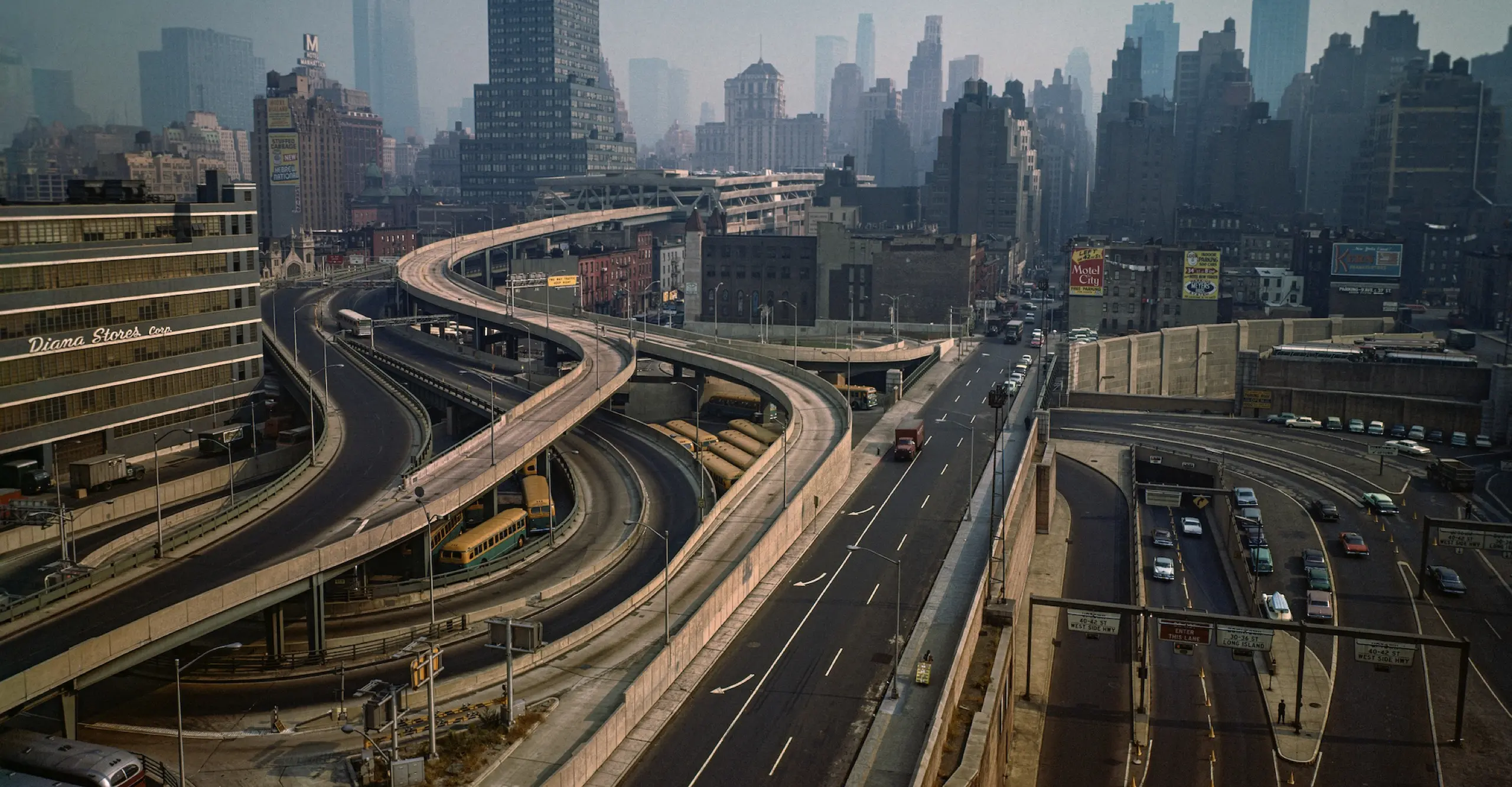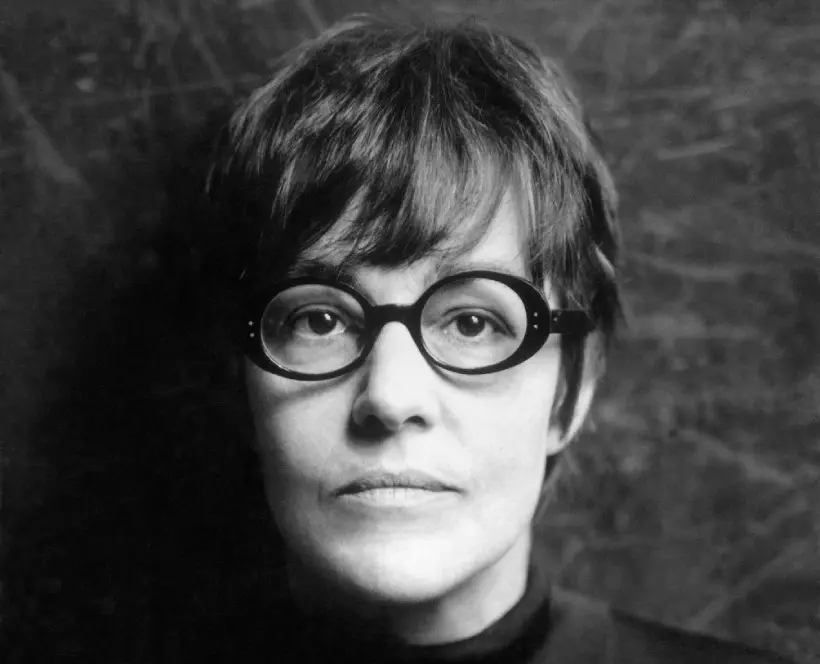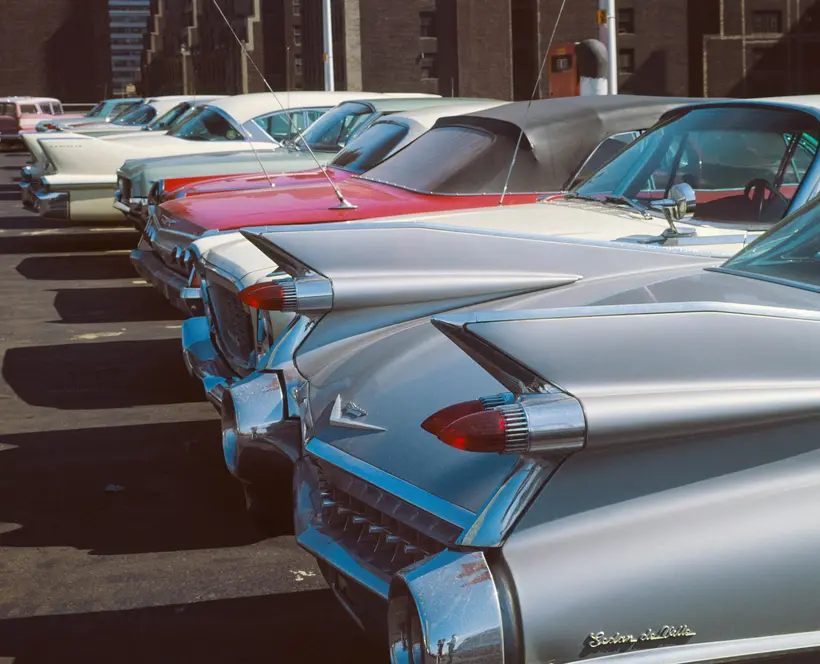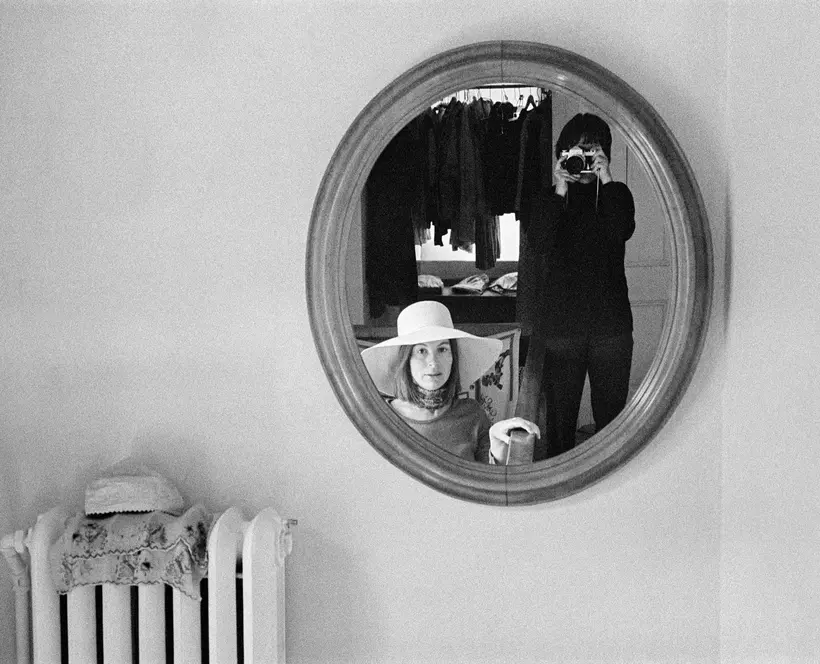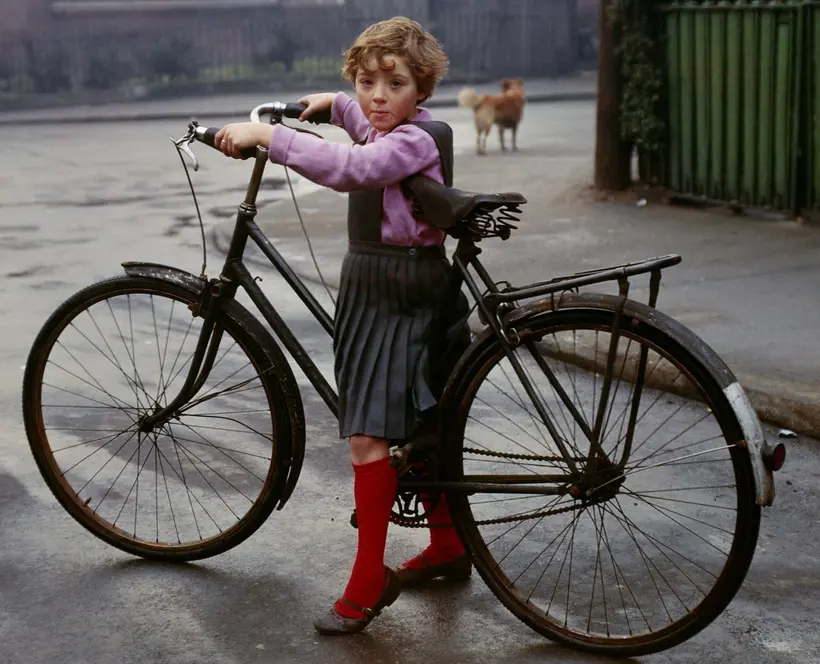This course explores significant developments in mid-century photography – artistic approaches, understandings of the medium, new ways to share photographic images with a growing audience – in relation to the work of photographer Evelyn Hofer. Examining a number of key European and American photographers from the 1930s to 1960s offers a context for Hofer’s artistic and professional career during a time of immense social, cultural and political transformation, particularly in post-war New York. These photographic achievements exemplify changing stylistic possibilities and understandings of the medium.
New opportunities for photographers during the era are also addressed, such as the rise of photographically illustrated magazines and book publications, exhibitions, and advances of colour photography, offering insight into the ways a working photographer could prosper artistically and professionally during this exciting time.
Course format
Taking place weekly on Google Meet, sessions include a blend of lectures, group discussions and presentations. Participants are provided with lecture slides and a list of resources for further study.
Who is this for?
Open to all who are interested in photography and art. No prior knowledge necessary.
Led by curator and photo historian Edward Robinson.
Details on how to access the sessions will be confirmed upon registration. Please check your junk folders if you haven't received an email from TPG staff confirming your place.
Schedule
Session 1 | New Vision, 1930s on Tue 12 Sep
The 1930s saw the rise of the “New Vision” or “New Objectivity” in photography, an artistic movement that rejected pictorial Expressionism in favour of a sharper, more “objective” description of the world. Before emigrating from the tumult of 1930s Europe, German-born Hofer studied in Switzerland with Hans Finsler, a leading proponent of “New Vision” and a participant in the landmark 1929 exhibit “Film und Foto.” This session looks at Hofer’s possible precursors such as Finsler and August Sander, along with a documentary tradition indebted to Eugene Atget and Walker Evans. We consider the early emergence of European photographic reportage and publications, and the work of Henri Cartier-Bresson.
Session 2 | On the Page on Tue 19 Sep
In the aftermath of WWII, New York City – where Hofer arrived in 1947 - became a leading centre for cultural activity, publishing, and photographic advancement. This week looks at the importance of photographically illustrated magazines, for which Hofer developed a career providing photographs on editorial assignment. We consider leading figures working for fashion magazines such as Harper’s Bazaar: photographers Irving Penn, Richard Avedon, and Gordon Parks; the hugely influential art director and educator Alexey Brodovitch, along with general interest magazines, like Life. Hofer’s achievements in the growing market of photographically illustrated books are considered in relation to trends of photographic publications of the period.
Session 3 | Personal Rebellion, 1950s-60s on Tue 26 Sep
A growing emphasis on finding new means for personal expression rather than conforming to the ideas of editors working for the picture press is exemplified by such leading photographers of the era as Robert Frank, William Klein, Danny Lyon, Bruce Davidson and Ted Croner. Frank’s book The Americans (1959) was a landmark for photographers of this generation. We look at concurrent advancements by other photographers such as Roy DeCarava, the co-founder of the Kamoinge Workshop in 1963 in Harlem, providing exhibit and educational opportunities to photographers only now gaining the fuller accord their talents merit. Their varying approaches to the photographic medium are considered.
Session 4 | New Documents on Tue 3 Oct
In 1967, the Museum of Modern Art in New York presented an exhibition of three still lesser-known photographers: Garry Winogrand, Lee Friedlander and Diane Arbus. This enormously influential exhibit suggested for photographers a new working relation to the world. Its curator John Szarkowski argued that they had “redirected the technique and aesthetic of documentary photography to more personal ends. Their aim has been not to reform life but to know it.” Their very different achievements reflect a newly growing audience for photography, new critical understandings of the medium, its commodification, and a greater acceptance of photography within art institutions.
Session 5 | In Colour on Tue 10 Oct
This class examines the development of colour photography in the mid-century, its technical advancements, employment by artists and its acceptance as a legitimate means of artistic expression. We look at Hofer’s colour work in relation to both precursors employing colour photography including Helen Levitt and others earlier still; contemporaries such as Ernst Haas, Marie Cosindas, William Eggleston, Joel Meyerowitz; and successors like Joel Sternfeld and Stephen Shore in a cultural field that increasingly embraced colour photography.
Biography
Edward Robinson is an independent photo historian and curator based in New York. He served for four years as the Beaumont and Nancy Newhall Curatorial Fellow in the Department of Photography at the Museum of Modern Art, New York, where he curated such exhibitions as The Young Rebel in American Photography, 1959-1970, and as the Associate Curator of the Wallis Annenberg Department of Photography of the Los Angeles County Museum of Art, where he was the LA curator of William Eggleston: Democratic Camera and Robert Adams: The Place We Live, and organised such exhibits as Fracture: Daido Moriyama, and Assembly: Eight Emerging Southern California Photographers.
He was the editor and associate publisher of Blind Spot photography magazine. He received his BA in Art History at Brown University, Providence, RI, his D. Phil. in the History of Photography under advisor Martin Kemp at University of Oxford, Pembroke College, and three Smithsonian Institution Predoctoral Fellowships at the Photographic History Collection of the National Museum of American History, Smithsonian Institution, Washington, D.C.
Bursaries
A number of partial bursaries covering 50 per cent of course fees will be awarded on a first come basis. Applicants who wish to be considered for a partial bursary should submit a statement (max. 500 words) to projects@tpg.org.uk, outlining how Mid-Century in View: Photography from the 1930s–1960s would contribute to their professional development. Successful applicants will be notified within a week of submission.
We actively encourage applications from groups who are currently underrepresented in the cultural sector in the UK. This includes people who identify as D/deaf, disabled* and neurodivergent; those with caring responsibilities; candidates from Black, Asian and ethnically diverse backgrounds; and arts and culture professionals whose career development has been negatively impacted by Covid-19, prioritising independent artists, freelancers and those made redundant/at risk of redundancy since 2020.
*The Equality Act 2010 defines a disabled person as someone who has a physical or mental impairment, and the impairment has a substantial and long-term adverse effect on their ability to carry out normal day-to-day activities. Sharing that you are disabled will not be used in any way in judging the quality of your application.
Details on how to access this event will be confirmed upon registration. Please check your junk folders if you haven't received an email from TPG staff confirming your place.
Ticketing
By booking for this event you agree to our Terms & Conditions.
